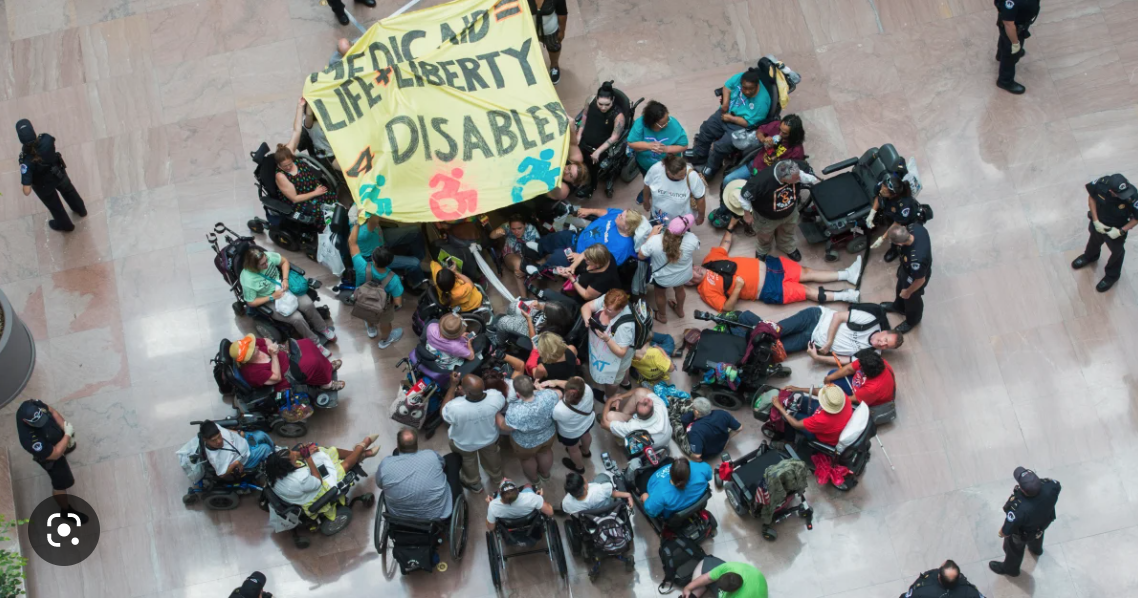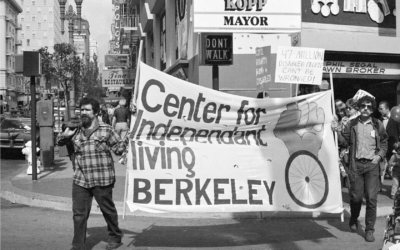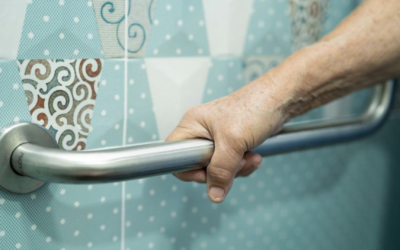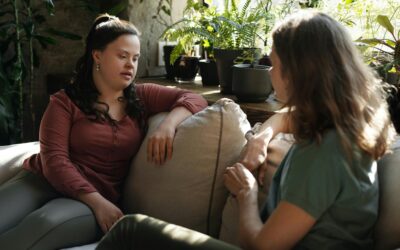Join Us on March 1, 2023, at the State Capitol
On Wednesday, March 1, 2023, CPWD will celebrate Disability Rights Advocacy Day at the Capitol in Denver. This is the day we bring to light many issues facing people with disabilities. CPWD staff and consumers will be attending a rally at the state capitol building with State Representative Ortiz. Rep. Ortiz is committed to passing legislation focused on disability rights and understands the importance of having our community be a part of these conversations and having a seat at the table. Several new bills are coming to the floor of the Colorado House and Senate in the next few weeks that, if passed, will address inequities in housing, benefits, discrimination, and more, and support independent living for people with disabilities. At the rally, these bills will be highlighted and discussed in both chambers of the state government.
These proposed new regulations are part of ongoing work that started decades earlier. The Independent Living Movement – which started nearly 60 years ago – has been striving to improve life for people with disabilities through advocacy, changing laws and regulations, protecting rights, and increasing access and equity. To better understand where we are today, and the rights and equities we seek in 2023, it’s helpful to understand where we’ve come from and how hard we’ve worked to get here.
The Past
As we explored in our previous articles, the first actual piece of legislation passed to protect the rights of people with disabilities was Section 504 of the Rehabilitation Act, which was passed in 1977. This prevents employment discrimination based on disability. In 1990, the American Disabilities Act was passed, which for the first time wrote into law comprehensive civil rights protections for Americans with disabilities. It prohibits discrimination against people with disabilities in several areas, including employment, transportation, public accommodations, communications, and access to state and local government programs and services.
But before this legislation was passed, what was it like to be a person with a disability in the United States?
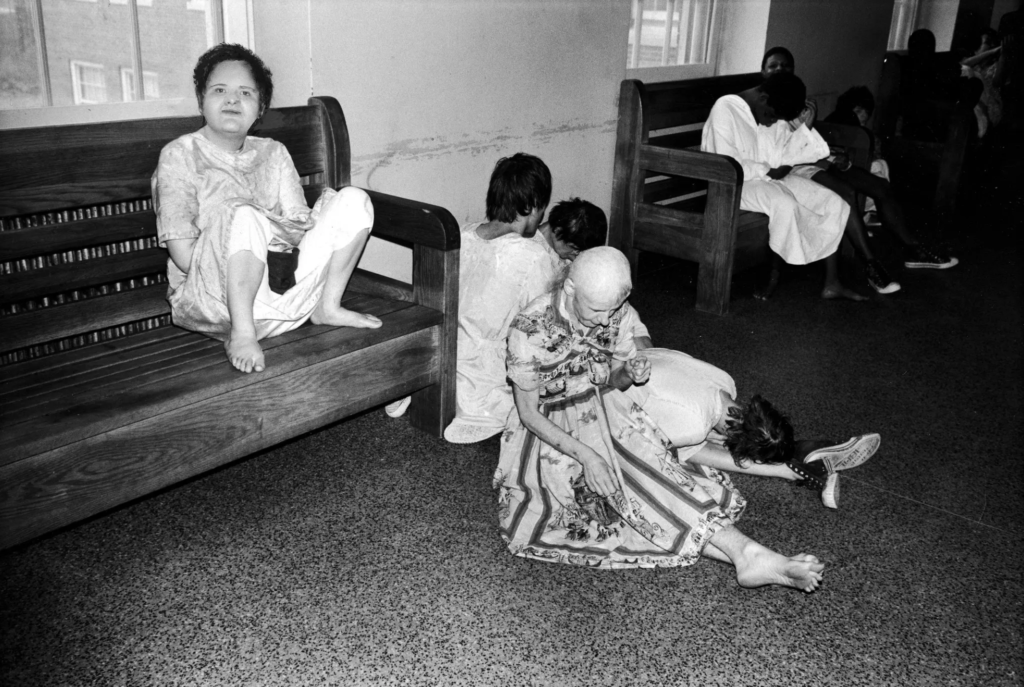
Children with developmental disabilities were held under brutal conditions at a notorious Willowbrook New York facility. Photo was taken in 1972. Bill Pierce/The LIFE Images Collection, via Getty Images
For hundreds of years, up through the early 1900s, people with disabilities were considered defective and even less than human. They were often abandoned by their families to institutions or relegated to asylums. They faced abuse, neglect, and inhumane treatment. They were given electroshock therapy, faced forced sterilization, and were used for medical experiments against their will. In 1956, approximately 559,000 patients with disabilities were recorded in institutions across America.
In the 1940s, perspectives slowly began to shift toward people with disabilities as there was a large flood of veterans with disabilities coming home from World War II. In 1940, The American Federation of the Physically Handicapped became the first national, cross-disability political organization, working to end job discrimination. More organizations were formed, and the federal government began to provide financial compensation and vocational rehabilitation. However, these were only the tiny sprouts that would grow over the years to become the Independent Living movement of today.
Before the Americans with Disabilities Act (ADA) was passed in 1990, an employer could refuse to hire a person just because of his/her disability. A person with a disability could legally be paid less than others because of their disability, even if they were doing the exact same job. Restaurants and grocery stores could refuse service to a person with disabilities. People in the LGBTQ community were labeled as disabled, and homosexuality was considered a disease until 1973.
The Future
We have made many strides since these tragic days of discrimination. But as far as we have come, there is still more work to do to ensure the rights of people with disabilities. At the rally on March 1 at the State Capitol, several bills written to increase rights and equity for people with disabilities will be highlighted. In the forthcoming months, these bills will be put to vote in the State legislature. Voting is powerfully influenced by public opinion. Moving forward, we will share information on how to reach out to your elected officials to show support for these important pieces of legislation.
HB23-1032: Remedies Persons with Disabilities – A person with a disability is entitled to protection against discrimination of benefits, programs, activities with public accommodations, monetary damages, and allows reasonable attorney fees and costs for any persons with disabilities facing discrimination.
Accessibility in Housing – This bill requires that at least 15% of newly constructed homes/ dwelling units be accessible as well as the public space of the buildings.
Discrimination Persons With Disability CO Outdoors – Requires shared outdoor spaces to be accessible to those with disabilities.
Access to participate in State and local Govt – Requires shared State and local government spaces to be accessible to those with disabilities.
HB23-1136: Prosthetics Bill – This bill modifies Colorado’s current prosthetic coverage law so health insurance plans will be required to cover a second prosthetic device intended for physical activity for children and young adults under the age of 26. Currently, this is not covered by insurance.
Foreclosure & Eviction Reasonable Accommodation – Rep Mabrey’s bill would authorize a court to extend the date for a court after receiving written notice for reasonable accommodation.
HB23-1120: Eviction Protections For Residential Tenants – This bill would require mandatory mediation before eviction action between a landlord and a residential tenant who receives public assistance.
HB23-1057: Amenities For All Genders In Public Buildings – This bill requires all newly constructed public buildings a non-gendered restroom where restrooms are available without exclusive use of any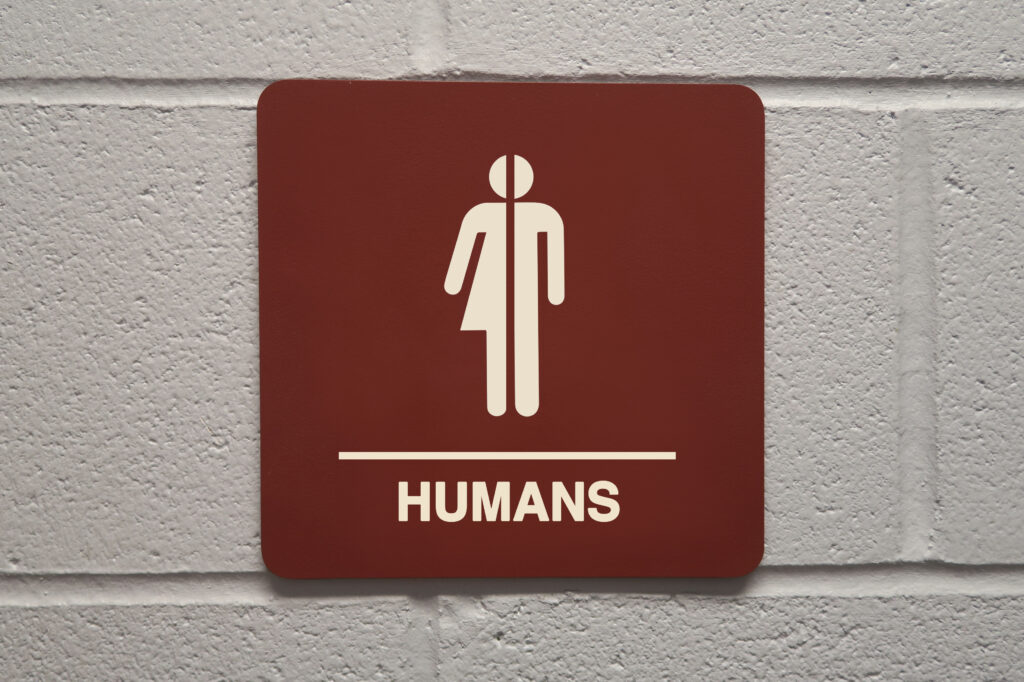 gender. At least one safe and convenient baby diaper changing station should be provided that is accessible in any non-gendered restrooms.
gender. At least one safe and convenient baby diaper changing station should be provided that is accessible in any non-gendered restrooms.
We hope you will join us at the Capitol building on Wednesday, March 1 to support these bills and continue to advocate for the rights of people with disabilities. Voices joined together are what began the Independent Living movement decades ago, and continue to be a powerful force of change. You can find out more information about the event, sign up for rides, and sign up to share your own story here:
https://www.facebook.com/events/503938321816552/?ref=newsfeed


